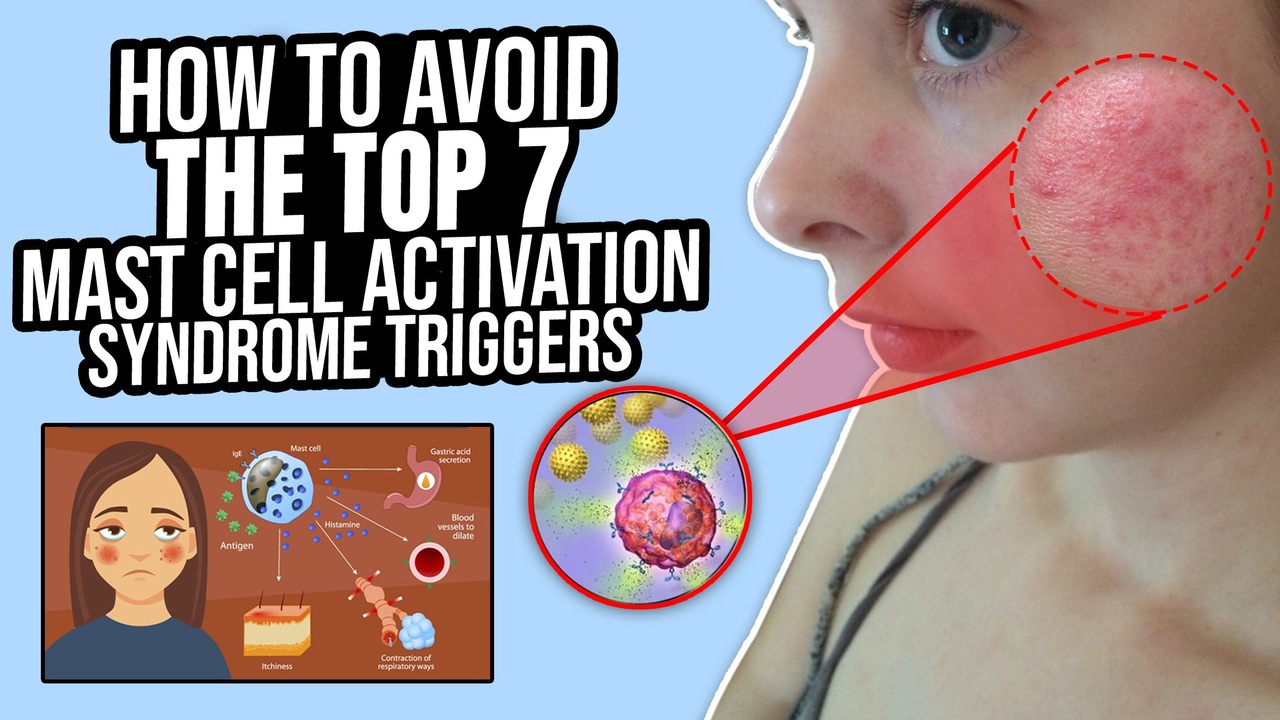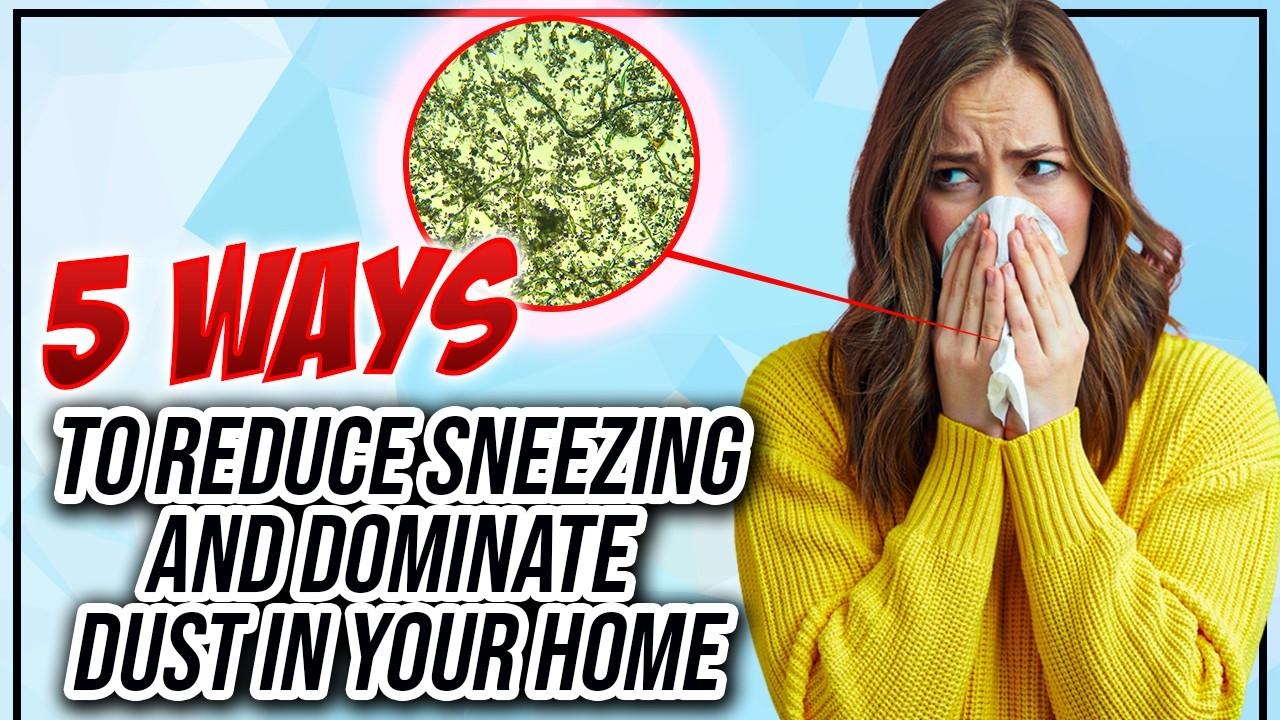Watch Out: How Fungi Are Taking Over Nail Salons And What To Do About It

Hello, and welcome to The Mold Show this week. My name is Dr. Cameron Jones, and I'm going to be focusing on indoor air quality, and specifically a particular class of business where you could unexpectedly come into contact with high levels of mold, where you'd least expect it. And what are those types of businesses that I'm focusing on? Well, they are your nail salon and podiatry medical practice. And the talk this week is on how fungi you're taking over nail salons and what to do about it.
And why are we talking about this? Because a really interesting publication just came out in the literature, focusing on how the practices that go on inside these salons is liberating higher levels of fungi, not just spores, but debris, which can potentially cause an immune reaction. And so I'm going to be going through what this publication shows and what you should be looking out for when you next visit the podiatrist or the nail salon.
So what are some of the health concerns in nail salons ...
The dangers of mould and mycotoxins - Interview with Amy Innes - Episode Forty Nine

During this episode, Amy Innes chats to Dr Cameron Jones about the dangers of mould and mycotoxins in our homes. Dr Cameron is a consultant on indoor air quality and environmental microbiology. He talks about his main focus on the detection and measurement of mould in buildings, especially following known or suspected water issues. He has a wealth of knowledge around mould and mycotoxins that he shares with us.
Dr Cameron talks about the health issues associated with mould and how harmful it can be to our health. He talks about the issues of breathing in mould, which can result in an allergic response like sneezing, rashes, nasal issues, feeling of illness and so much more. Dr Cameron shares his experience of travelling to the Nauru Detention Centre, and due to the poor living conditions, it has lead to serious mould issues and problems due to high mould exposure.
Throughout this episode, we discuss how some mould cannot be seen and where mould can develop from inside and outside o...
Happiness and Indoor Air Quality

Hello, and thanks for joining me this week for The Mould Show. I've got a really interesting topic today, and that is:
What is the connection between indoor air quality and mood or happiness?
I thought this would be a really important episode to discuss today because there is increasing literature focus on mental health and wellbeing. And this is really important because people who are suffering from water damage and mould often are really angry about the circumstances that they find themselves in. There's some wonderful emerging literature that is talking precisely about the relationship of indoor air quality and mood and specifically happiness. So today we're going to be talking about indoor air quality and happiness. I want to give you a bit of context for this and an example of where I see this all the time.
Last week, I was called out to do a water damage and a frame inspection of a couple's new home that was undergoing construction. Now, it was already five months late. The hu...
How best to wash clothing to reduce germs
Hello and welcome to this week's edition of The Mould Show. And I wanted to bring to you something really interesting this week, and we're going to be doing something a little bit different this week. I'm going to be introducing my three-minute science recaps. And the reason for that is that often people just want the answer. And what is the answer this week? Well, I've got to tell you what the question is.
Earlier in the week, ABC Radio rang me and wanted my opinion on heated towel rails and whether or not they were able to disinfect towels so that the germ-carrying capacity of your home laundry would be less of a problem. I wanted to dive into the literature when I was preparing for this to find out what the scientists had to say about commercial laundry versus domestic laundry. This is a really interesting problem because many of my clients are dealing with mould exposure.
And if they jump online, they can find lots of different viewpoints with regard to whether or not they have t...
Disease Prevention and The Future of Healthcare - Clubhouse Conversation Recap

Hello, and thanks for tuning into this week's episode of The Mold Show. And today we're going to be focusing on something that is going to be definitely of value to anyone who is experiencing mold or biotoxin illness, and that is, what is the future of healthcare? Now, I'm an environmental microbiologist, but I also consult at the National Institute of Integrative Medicine, and I am always on the lookout for where the future of healthcare and medicine is going, because I can certainly bring this to the attention of my clients, and hopefully they will have better clinical outcomes when they see their preferred healthcare practitioner. But how have I gotten this insight? Well, I have been participating for the last couple of weeks in a range of different integrative health, integrative medicine, functional medicine, environmental health, and wellness clubs and groups on a new social media app called Clubhouse.
Now, many of you might've heard about this. In fact, it is valued at $1 billi...
In 10 Minutes, I'll Give You The Truth About Having a Mould-Free Home In Humid Climates

Hi, there, and welcome to this week's episode of The Mould Show. Today we're going to be talking about the issue of humidity in the built environment. We're broadcasting from Australia. This is in Southeast Asia, and many cities in Australia are plagued with humidity problems, especially towns like Darwin. But, what about other areas of South and Southeast Asia like Kuala Lumpur in Malaysia or Jakarta in Indonesia? Or what about in your hometown?
We are going to be talking about this issue of humidity, and I'm going to be reviewing some of the research literature on humidity and what building scientists and engineers have worked out as some of the sustainable practices for reducing the levels of mould. And this couldn't be a more important topic because there have been changes to the residential tenancy laws, certainly in Victoria and in Australia, making the onus of responsibility for having a mould free living environment more of a responsibility for the landlord.
But also, if the ...
Top 7 Mast Cell Activation Syndrome Triggers You Should Avoid

Hello, and welcome to this week's episode of The Mould Show, and today I'm going to be talking to you about something called Mast Cell Activation Syndrome.
Now you might not have heard of this before. Certainly, I was not that familiar with this topic or syndrome as well, and therefore I decided to put together this live stream to tell you all about Mast Cell Activation Syndrome. Why it's important and how it is related to environmental toxicity. And to set the stage for this, what we're going to be talking about today is how to avoid the top seven Mast Cell Activation Syndrome triggers. But as I said, you're probably wondering, how does this relate to me? What is it? Could I have it? And how is this related to water damage and mould? And as always, I like to use real-world examples.
So last week, a clinician referred a patient of hers to me in order to do a comprehensive indoor air quality and mould assessment of her apartment. And the reason for this was that she had been seeing th...
How Early Life Allergen Exposure Affects Your Kids

Hello and welcome to season three of The Mould Show. My name's Dr. Cameron Jones, and I'm an environmental microbiologist. And to kick off this year, I want to talk about allergy, and I want to talk about specifically allergens in the environment. And the reason for this is some of my clinician friends have referred some of their patients to me in the last couple of months for exposure to unwanted environmental toxins. And the reason for their referrals for home inspections is because those patients were experiencing unwanted seizure activity.
Yes, you heard me right. Not just allergic rhinitis or a running nose or contact dermatitis or an itch, but seizures. And therefore, what I've done is I've gone into the research literature, I found some key papers, and I'm going to be reviewing some of the case studies that the medical doctors have written up about patients who have been exposed to water-damaged building interiors and gone on to suffer seizures and a whole host of unwanted symp...
Let’s Admit It: Everyone Secretly Hates Allergens, But What Are They?

As we race towards Christmas and into the New Year and with springtime firmly in the rear view mirror, many of us potentially with itchy eyes, find ourselves still reaching for the tissue. You might be responding to all the pollen in the air and so for this week at Christmas last show for 2020, I wanted to talk about the topic of allergens because it's not just pollen allergens, that people will respond to. Any of you who've been following the news about the introduction of Pfizer's new COVID-19 vaccine, have possibly been alerted to some of the alarming news reports saying that many people have been getting an allergic reaction to the vaccine. I want to talk about the scientific underpinnings of this. What is an allergen? How do you come into contact with allergens? How does this affect how we think about vaccines and what you should know over the holiday season?
Firstly, I want to define what an allergen is. Essentially this is any substance, usually a protein which can elicit an im...
How to get rid of dust around your home and reduce sneezing

COVID this year, like no other year, has really shone a spotlight on how we maintain our homes and offices and what steps we use to protect ourselves. And I thought this week that I would be focusing on something that I see all the time when we do indoor air quality and mould and water damage inspections. And that is the incredible amount of dust that is often found settled in your home and even my home. And I just want to put up a typical example of what we see in what extensively looks like really clean properties. And under the microscope dust is a really complicated and complex material. And it's quite unattractive, all of us would agree about that. And so, this week, like other weeks we're going to be focusing on some practical tips that you can follow to reduce sneezing and dominate dust in your home.



